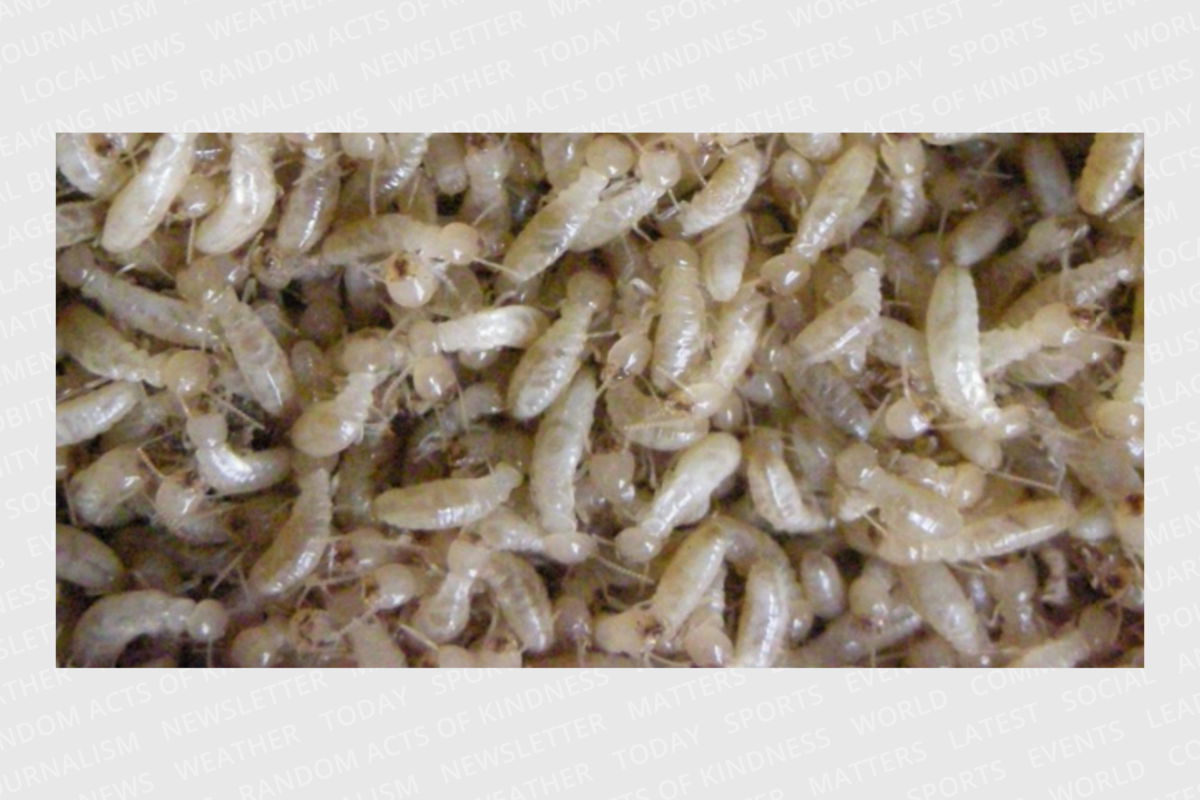In May, British Columbia’s Department of Environment and Climate Change announced proposed changes that will limit the use of second-generation anticoagulant rodenticides (SGARs).
It is accepting feedback from the public on these changes on its website through Sunday, June 19 at 11:59 p.m. Pacific Time. The final regulatory changes are expected to come into effect in early 2023.
On July 21, 2021, BC temporarily banned the use of SGARs for a period of 18 months. During that time, it considered “a scholarly review, a regulatory gap analysis and a forensic scan of the international regulation of SGARs” to make the proposed changes.
The proposed changes aim to address the risks and reduce wildlife exposure to rodenticides by minimizing the unnecessary use of SGARs. A permit is currently required in BC to sell or use SGARs on public property, in multi-family dwellings, or as a service. License holders must be certified and include vendors, pest control contractors, municipalities, golf courses/landscapers, utilities, oil and gas, forestry and highway workers.
In a May 2022 memorandum of understanding, the ministry proposed changes in nine areas:
1. Prohibition of access and use of SGARs in BC to the public and most commercial and industrial establishments.
2. Only allow essential services, including agriculture, to use SGARs:
- health and health services
- public safety
- critical infrastructure
- Food supply and agricultural production
- transport
- hygiene
- communication
- coroners and people providing funeral services
- environmental protection activities
3. Require the use of integrated crop protection for all SGAR applications. Proposed changes include:
- Ban on preventive baiting.
- Create and implement a site-specific integrated pest management plan when using SGARs.
- Implementation and documentation of preventive measures before using SGAR.
- Record when SGARs are deployed and removed.
- Requiring that other non-chemical/physical controls be used before or after using SGAR.
4. Requirement for all essential services, including agriculture, to hold pesticide applicator certification to use SGAR.
5. Requiring a permit for all essential services, including agriculture, when using SGARs, including:
- Require that all essential services using SGARs must be licensed.
- All licensees who have used SGARs must declare whether they purchased SGARs online.
6. Ban on long-term use of SGAR. Proposed changes include:
- Prohibition of long-term SGAR baiting scenarios, defined as baiting lasting longer than 35 consecutive days or baiting exceeding 120 total days within a 12-month period per site.
- Only allow short-term SGAR baiting, which is defined as falling below the long-term baiting threshold.
7. Ban the use of SGARs in critical wildlife habitats by:
- Ban the use of SGAR in critical wildlife habitats.
- Providing an exemption for authorized, state-approved conservation projects.
8. Change in Disposal and Reporting of SGARs by Requirement:
- Timely removal of bait waste and dead rodents.
- Proper disposal of expired or discarded SGARs at an approved facility.
- Attaching bait box labels to the outside of the bait box to accurately identify the contents of the box.
9. Improved requirements for SGAR sale. Proposed changes include:
- Restricted access to and posting of Ministry signage where SGAR products are sold.
- Require pesticide vendors selling SGARs to verify that buyers are certified in the appropriate category, are licensed, and are an essential service provider or licensed service provider.
- Requirement of donors to inform customers prior to any SGAR sale about the risks to wildlife from the use of SGAR and about the new requirements for IPM, disposal and record keeping.
- Requiring pesticide sellers to keep additional records of the sale of SGARs.
Several administrative changes have also been proposed.
The Structural Pest Management Association of British Columbia (SPMABC) has worked closely with the British Columbia Department of the Environment on this issue.
“We have been involved throughout most of the process and are working closely with them on the proposed changes. They’ve taken quite a bit of our feedback and that’s just the next step,” Christopher Day said of the public comment period. Day is President of SPMABC and Office Manager for Orkin Canada on Vancouver Island.
He said the association advocates the use of indoor rodenticides, which are sometimes needed to combat extreme rodent infestations. “We believe that there is no harm reduction in banning the use of these products indoors,” Day said, largely because indoor predators are not present.
Sean Rollo, manager of technical and business development at Orkin Canada in Moncton, NB, and president-elect of the Canadian Pest Management Association, did not expect the proposed rule changes to be changed significantly following public feedback.
“I think this is a purely political and emotionally driven decision. It’s unfortunate,” he said of the upcoming regulations.
Rollo was particularly concerned about the limited number of days allowed for continuous use of SGAR. He asked, “What do you do in areas where you have a lot of rodent pressure? What are we opening the food chain for? What are we opening up from a public health perspective?”
Rollo agreed that capture-only programs and other rodent control measures that do not rely on SGARs play a role. “I’m totally in it,” he said. “I think it’s not a bad thing to push the industry in a certain direction because I think there are times when people depend on rodenticides. It’s cheaper.”
The “silver lining” of the proposed changes, Rollo said, is that “all pest management companies are now on an equal footing.” Customers are no longer swayed by less expensive control programs that rely solely on the use of rodenticides. Instead, all pest control companies must offer more labor-intensive IPM-based programs.
“Unfortunately, this will cause the cost of pest control to increase significantly, which I think will result in some trying to do it themselves or not doing it at all,” Rollo said of the possible reaction from customers.
SGARs are due for reassessment by Health Canada in 2022
Pesticides are jointly regulated by the provinces and Health Canada, who reevaluate them every 15 years. In 2010, Health Canada’s Pest Management Regulatory Agency reevaluated SGARs and introduced new measures nationwide to reduce risk to non-target wildlife species. Domestic SGARs have been withdrawn from the market and their use has been restricted to certified pesticide users, farmers, and state-approved pest control programs. The PMRA will re-evaluate SGARs in 2022 to determine if they continue to meet current health and environmental risk assessment standards.







